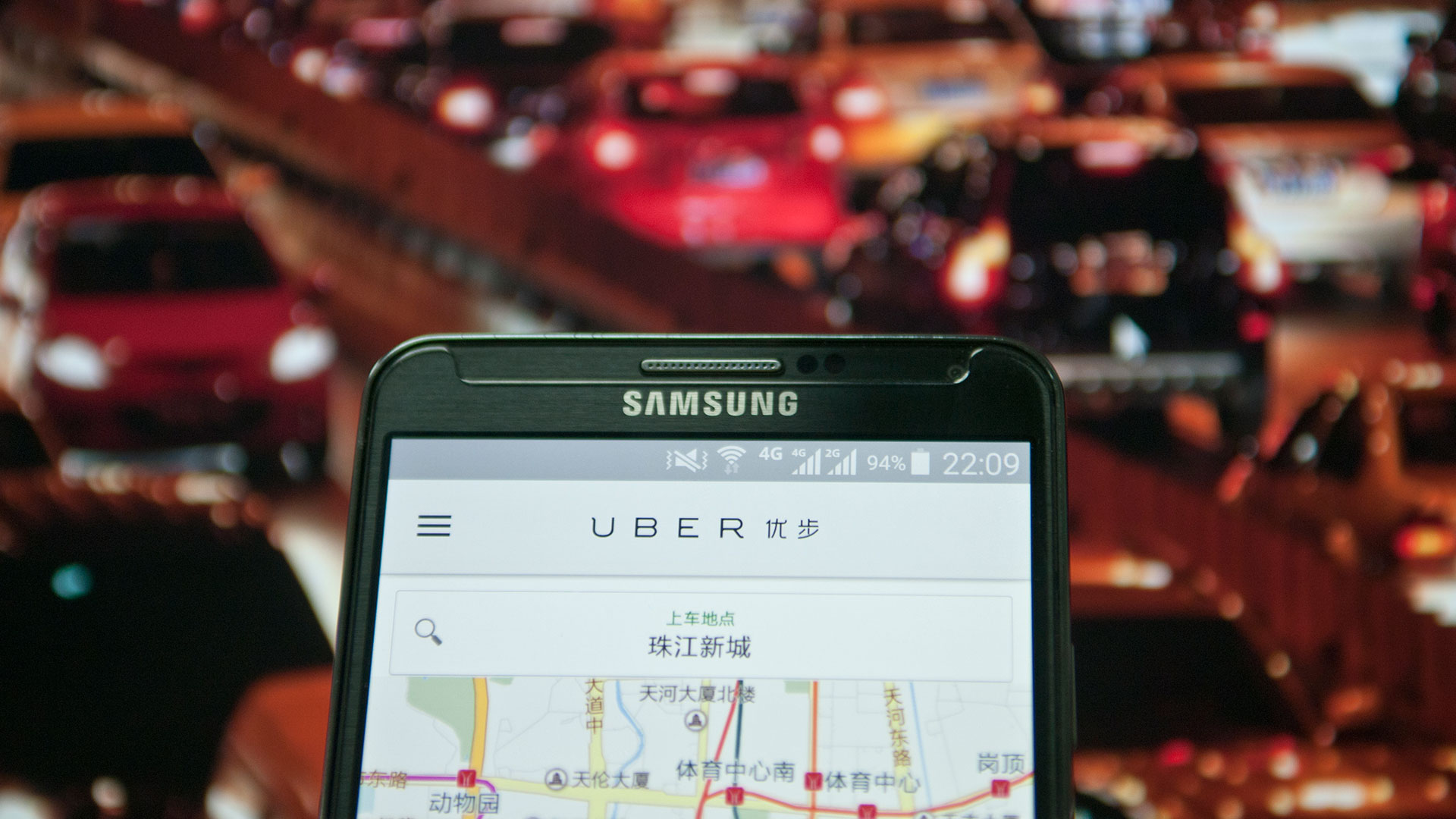

China’s digital ecosystem often seems like an alternate-reality version of the world most of us know, populated by domestic analogs of services the rest of us consider ubiquitous. They use Weibo where the rest of the planet uses Twitter; Baidu where everyone else uses Google. And, where many Westerners rely on Uber to zip around, folks in China prefer to use local ride-sharing service Didi Kuadi.
This last point, not surprisingly, is rubbing Uber the wrong way. Then again, it’s easy to see why they might be peeved, considering the deluge of money flowing out of their bank accounts: “We’re losing more than $1 billion a year in China,” Uber CEO Travis Kalanick said during a private event for Vancouver’s Launch Academy. “We have a fierce competitor [Didi Kuaidi] that’s unprofitable in every city they exist in, but they’re buying up market share.”
Reuters later confirmed the $1 billion-plus-a-year losses with Uber’s Chinese branch, so Kalanick’s remarks appear to be on the level. (For context, a leaked report last year suggested the entirety of Uber lost around $1 billion in the first half of 2015.)
But Uber, unlike many nascent tech companies, has the capital to stick it out in the face of, as they say in the business world, negative cash flow. The company is sitting on top of a Scrooge McDuck-like pile of capital; considering Kalanick describes China as Uber’s largest international market, burning through a couple billion of that in order to become an established player seems like a reasonable business plan. Indeed, Kalanick claimed Uber’s market share in China grew from 1 percent to more than 30 percent in 2015, and the company’s service is expected to expand to another 80 cities across the country by September, 2016.
But Didi Kuadi isn’t sitting still, either. Last fall, it teamed up with none other than Lyft to enable Americans to summon Didi cabs in China, and vice versa. All of a sudden, Uber’s plan to bleed Lyft to death doesn’t seem quite so life-threatening a diagnosis.